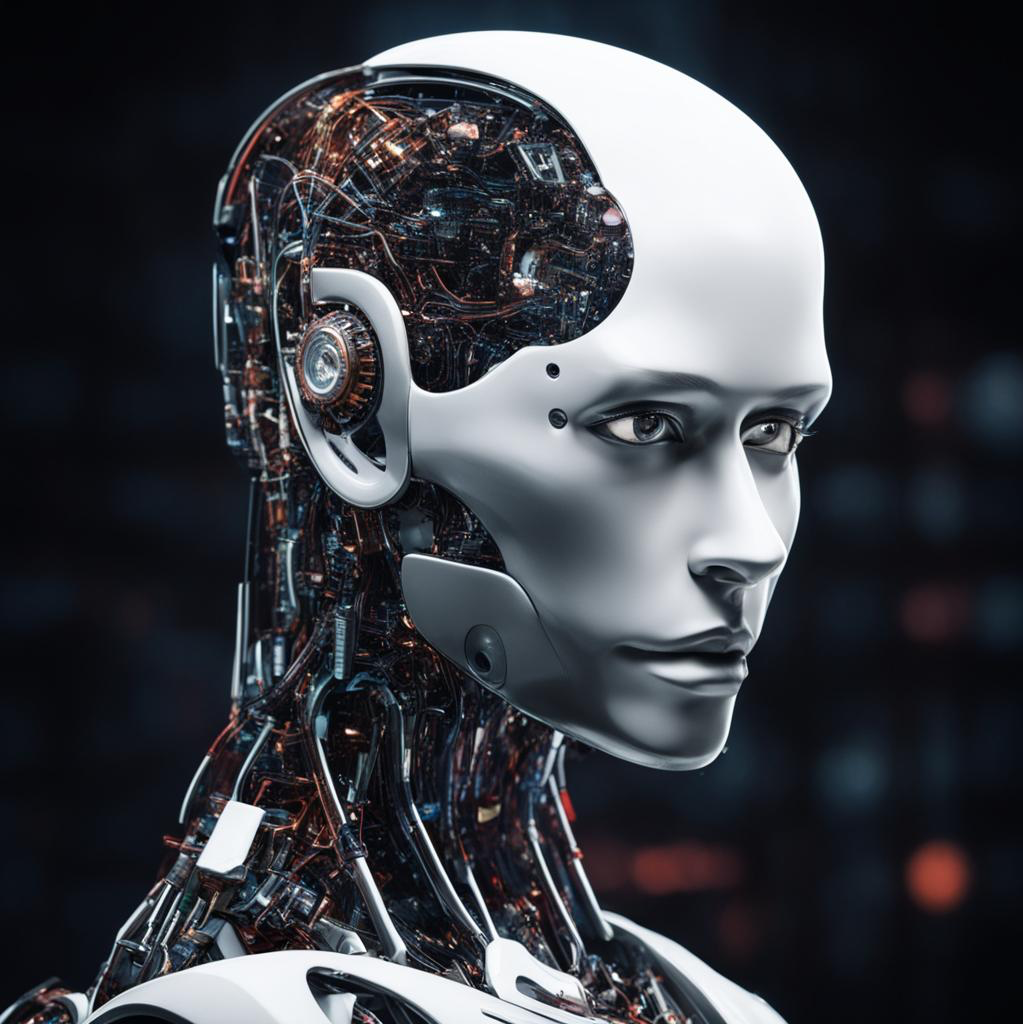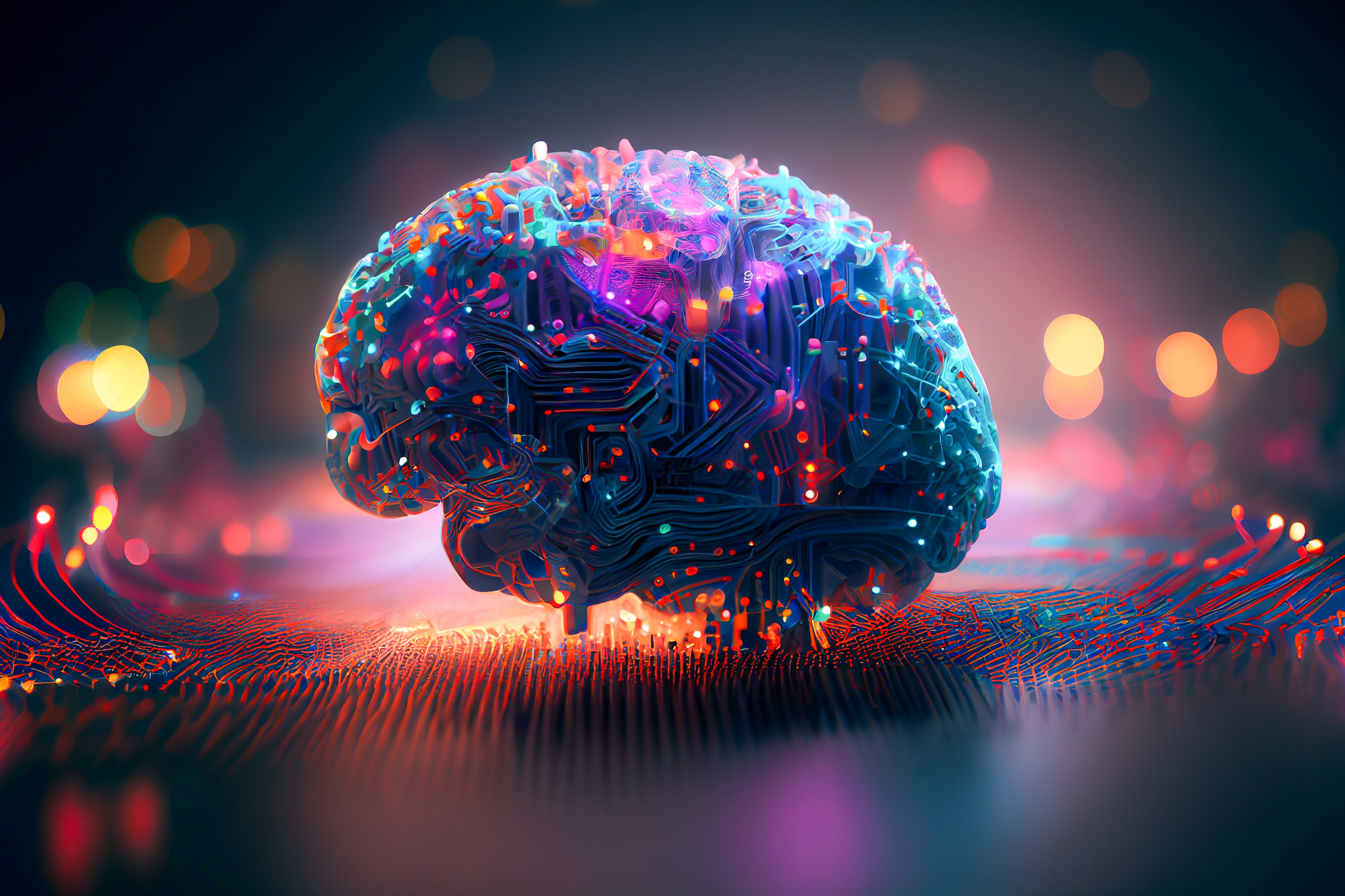Welcome to the cutting-edge world of marketing, where creativity and efficiency are key to success. In this digital age, artificial intelligence has revolutionized the way we approach marketing strategies. One such groundbreaking tool that has taken the industry by storm is ChatGPT. Harnessing the power of language models, ChatGPT opens up a whole new realm of possibilities for marketers worldwide.
We will explore how ChatGPT influences marketing creativity and efficiency. From enhancing brainstorming sessions to optimizing customer interactions, we’ll delve into its potential impact on various aspects of marketing practices. Join us as we uncover fascinating case studies showcasing companies leveraging ChatGPT’s immense potential and discuss potential challenges along with solutions when incorporating it into your own marketing strategy.
Get ready to dive deep into the future of AI-powered marketing – let’s discover how ChatGPT can transform your creative process and drive results!
The Impact of Artificial Intelligence on Marketing
In today’s fast-paced digital landscape, the impact of artificial intelligence (AI) on marketing cannot be overstated. AI has revolutionized how businesses interact with customers and make data-driven decisions. With the advent of advanced AI technologies like ChatGPT, marketers now have access to powerful tools that can enhance their creativity and efficiency.
One key way AI is transforming marketing is through personalized customer experiences. By analyzing vast amounts of data, AI algorithms can identify patterns and preferences, allowing marketers to tailor their messaging and offers to individual customers. This level of personalization not only improves customer satisfaction but also increases conversion rates.
AI-powered chatbots are another game-changer in marketing. These virtual assistants can engage with customers in real-time, providing instant support and information round-the-clock. They can handle routine tasks such as answering frequently asked questions or guiding users through the sales process. This frees up human employees to focus on more complex tasks while ensuring a seamless customer experience.
AI enables marketers to optimize their advertising campaigns by predicting consumer behavior and targeting specific audiences effectively. Machine learning algorithms analyze user data to identify trends and insights that inform strategic decision-making for ad placements, budget allocation, and content creation.
As technology advances further, we can expect even more exciting developments in the field of marketing powered by intelligent machines like ChatGPT a future where automation coexists harmoniously with human expertise leading us towards new frontiers of innovation!
How ChatGPT Enhances Marketing Creativity
Marketing creativity is a crucial aspect of any successful marketing strategy. It’s what separates ordinary campaigns from extraordinary ones that capture attention and drive results. With the introduction of ChatGPT, marketers now have a powerful tool at their disposal to enhance their creativity and take their campaigns to new heights.
One way ChatGPT enhances marketing creativity is by providing inspiration and generating fresh ideas. Marketers can use this AI-powered tool to brainstorm ideas for content creation, ad copy, or even product development. By feeding it with relevant information about their target audience and goals, they can receive unique suggestions that spark their own creative thinking.
ChatGPT also helps marketers experiment with different messaging strategies. They can test out various approaches and language styles by interacting with the AI model in real-time. This allows them to gauge how different messages resonate with different customer segments without investing significant time or resources.
Another area where ChatGPT excels in enhancing marketing creativity is through its ability to generate personalized recommendations. Marketers can provide specific details about their products or services, and the AI model can suggest tailored messaging for different customer personas or stages of the buyer’s journey.
ChatGPT plays a pivotal role in enhancing marketing creativity by providing inspiration, allowing experimentation with messaging strategies, offering personalized recommendations, and encouraging exploration of unconventional campaign angles. With this powerful tool in hand, marketers are empowered to think outside the box and create compelling campaigns that captivate audiences worldwide!
Case Studies of Companies Using ChatGPT for Marketing
Let’s dive into some fascinating case studies that highlight how companies have successfully harnessed the power of ChatGPT to boost their marketing efforts.
Company A, a leading e-commerce platform, integrated ChatGPT into their customer support system. By leveraging its natural language processing capabilities, they were able to provide personalized and timely responses to customers’ queries. This not only improved customer satisfaction but also increased conversion rates as potential buyers received immediate assistance in their purchasing decisions.
Company B, a fashion brand, used ChatGPT to enhance their social media presence. They trained the model using past engagement data and consumer preferences. With this knowledge, they created compelling chatbot interactions on various platforms like Facebook Messenger and WhatsApp. As a result, they saw a significant increase in user engagement and ultimately boosted sales by recommending relevant products based on individual preferences.
Company C implemented ChatGPT as part of their content creation strategy. They used the model to generate blog post ideas and write persuasive copy for product descriptions. This allowed them to produce high-quality content at scale while maintaining consistency across different channels.
Company D utilized ChatGPT for market research purposes. By inputting specific criteria and questions related to target demographics or competitors’ activities, they obtained valuable insights quickly and efficiently. These insights informed key marketing decisions such as identifying new audience segments or optimizing advertising campaigns.
These case studies demonstrate the wide-ranging applications of ChatGPT in the marketing industry. From customer support to content creation and market research—companies are leveraging this AI-powered tool creatively to drive better results.
Improving Efficiency with ChatGPT in Marketing Strategies
ChatGPT has revolutionized the marketing industry by not only enhancing creativity but also improving efficiency. With its ability to generate high-quality content at a rapid pace, it has become an invaluable tool for marketers looking to streamline their processes and achieve better results.
One of the key ways ChatGPT improves efficiency is through its automation capabilities. Instead of spending hours brainstorming ideas or writing copy from scratch, marketers can now rely on ChatGPT to assist them in generating engaging content quickly. This saves time and allows marketers to focus on other important tasks such as analyzing data or strategizing campaigns.
Another way ChatGPT enhances efficiency is by providing real-time feedback and suggestions. Marketers can interact with the AI model, inputting specific keywords or phrases related to their target audience and receiving instant responses that align with their marketing objectives. This eliminates the need for trial-and-error approaches, helping marketers optimize their strategies more effectively.
ChatGPT’s ability to personalize communication makes it an excellent tool for improving customer engagement and conversion rates. By leveraging AI-generated messages tailored to individual customers’ preferences and needs, marketers can deliver highly targeted content that resonates with their audience on a deeper level.
To mitigate these risks, companies should implement strict guidelines and carefully review outputs generated by ChatGPT before publishing them publicly. Continuous monitoring and fine-tuning of the model based on feedback from customers and marketers can also help improve its accuracy over time.
Potential Challenges and Solutions in Using ChatGPT for Marketing
As with any new technology, there are potential challenges that businesses may face when using ChatGPT for marketing purposes. One challenge is the need to train the model properly to ensure accuracy and relevance in responses. Since ChatGPT learns from existing data, it’s important to provide it with a diverse range of high-quality training examples specific to your industry or niche.
Another challenge is ensuring ethical use of AI in marketing. While ChatGPT can generate creative content, there is a risk of it producing biased or inappropriate responses. Businesses must actively monitor and review the generated content to avoid any negative impact on their brand reputation.
To overcome these challenges, businesses can implement several solutions. First and foremost, ongoing human oversight is crucial throughout the deployment process. Human reviewers should continuously evaluate and fine-tune the outputs generated by ChatGPT based on business objectives.
Another solution lies in leveraging user feedback as valuable input for model improvement. By collecting user feedback regarding their experience with chatbot interactions, companies can gain insights into areas where improvements are needed and make necessary adjustments accordingly.
Businesses should invest time in providing clear instructions during training so that ChatGPT understands what kind of responses align with company values and guidelines. This helps reduce instances of bias or inappropriate language being used by the system.
While there are challenges associated with incorporating ChatGPT into marketing strategies such as proper training, ethical considerations, consistency maintenance, these hurdles can be mitigated through careful oversight by humans along with continuous improvement efforts guided by user feedback.
The Future of ChatGPT in the Marketing Industry
As we look ahead to the future of marketing, it’s clear that ChatGPT will continue to play a significant role. With its ability to generate creative and engaging content, businesses can rely on this AI-powered tool to streamline their marketing efforts.
One area where ChatGPT is expected to make even greater strides is in personalization. By analyzing vast amounts of data and understanding customer preferences, it can tailor messages and recommendations with incredible accuracy. This level of customization not only enhances the customer experience but also increases conversion rates and brand loyalty.
As natural language processing technology advances, ChatGPT will become more adept at understanding subtle nuances in human communication. This means marketers can leverage its capabilities for tasks such as sentiment analysis or identifying emerging trends in consumer behavior.
While there are numerous opportunities for growth with ChatGPT, there are also challenges that need addressing. One primary concern is ensuring ethical use of AI-generated content. As businesses increasingly rely on automated tools like ChatGPT for marketing purposes, it becomes crucial to maintain transparency and avoid deceptive practices.
The integration of ChatGPT into the marketing industry has already shown great promise by enhancing creativity while improving efficiency simultaneously. As artificial intelligence continues evolving at a rapid pace, we can expect even more exciting developments from tools like ChatGPT that have the potential to revolutionize how businesses connect with their target audience.
So embrace this innovative technology now because undoubtedly it will shape the future of marketing as we know it!

